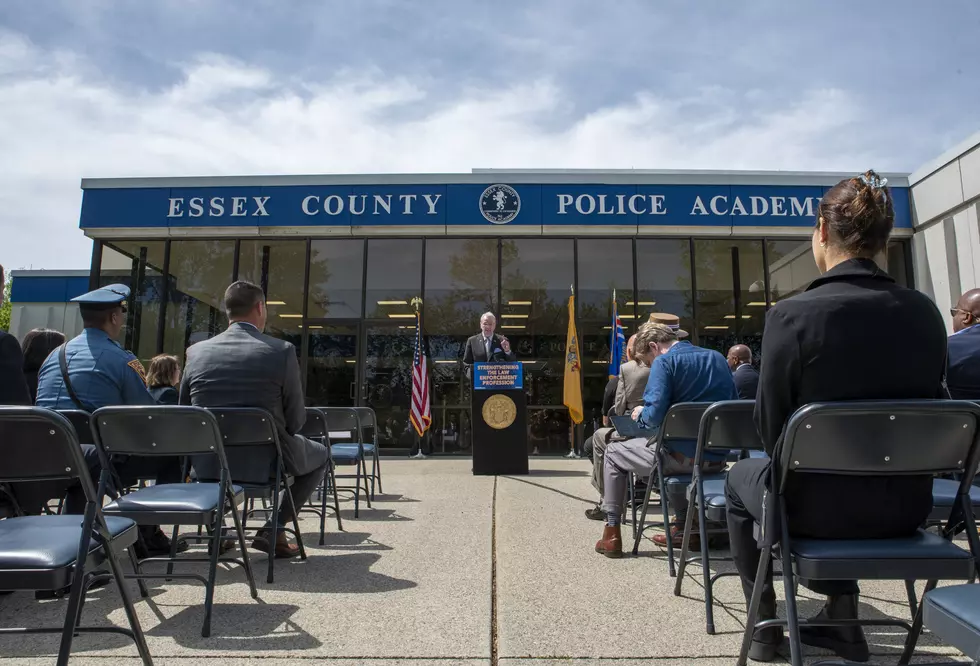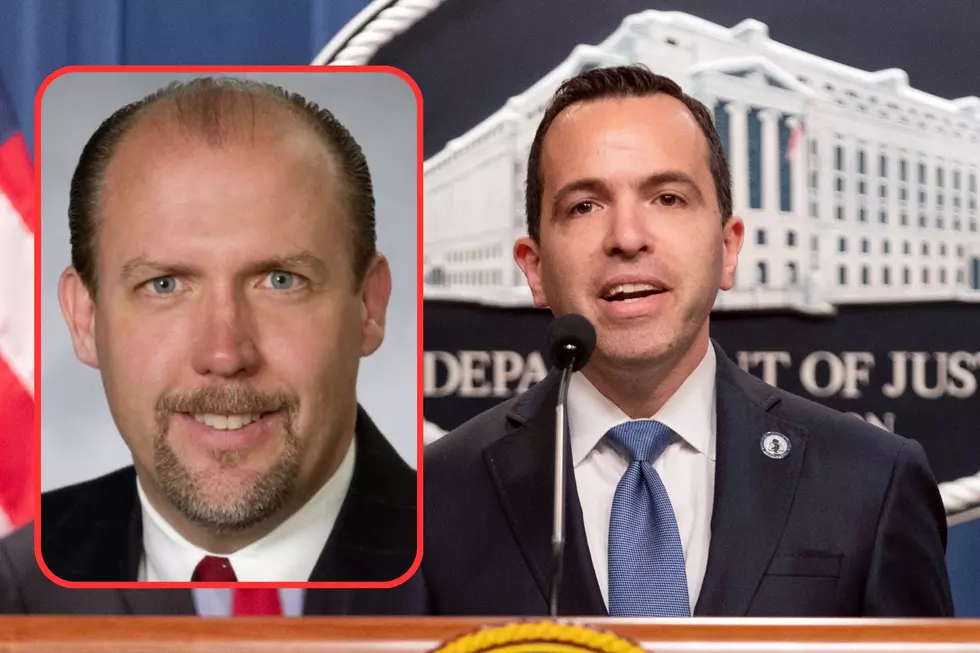
Licenses for Police Officers May Finally Be Coming to NJ
NEWARK – Law enforcement officers in New Jersey may soon be required to hold professional licenses, under a proposed bill announced Wednesday with the backing of the governor, lawmakers, community activists and the state’s largest police union.
More than 40 states require police officers to be licensed, but not New Jersey. The state’s Police Training Commission, which sets law enforcement standards, voted two years in favor of a statewide police licensing program, and extensive negotiations in private then followed.
Gov. Phil Murphy said New Jersey is “finally catching up” but that the state was able to study the systems in other places and take the parts it thinks are best.
“Policing is perhaps the only skilled professional left in New Jersey that does not provide individuals with a license that shows beyond any doubt that they have been through rigorous training and are not just expected to but are required to live up to the highest professional standards,” Murphy said.
Acting Attorney General Matthew Platkin said the changes will have a significant impact.

“Importantly it will protect law enforcement officers by creating a system of uniformity, which is not something we currently have,” Platkin said. “At the same time, it will also ensure that officers who fail to meet standards of professionalism not only lose the right to have that privilege of wearing a badge but they’re also unable to obtain a new badge in a different town or, in some cases, an entirely different state.”
Under the bill, police and corrections officers would have to meet uniform standards to become and continue as an active officer. The Police Training Commission would oversee the licensing and could take actions against officers who engage in illegal or improper conduct, as can be done now for teachers, doctors and more than 50 other professions.
Patrick Colligan, president of the New Jersey State Policemen’s Benevolent Association, said New Jersey has the finest group of police officers but that when one does something wrong, they’re all tarnished.
Colligan said the bill codifies many current practices and that among its changes are some that address issues law-enforcement officers have considered unfair.
“I believe that we’ve come to a realization with this bill that this really is nothing to be feared and that it will be a good thing for law enforcement going forward,” Colligan said.
The initiative began as one of many police reforms considered in the wake of high-profile incidents around the country in which police officers killed Black civilians.
“It is long overdue. It is long overdue. And we’re happy to have it be happening today,” said Reva Foster, president of the New Jersey Black Issues Convention.
The standards would include passing a psychological examination, maintaining post-academy ongoing professional training requirements, and not engaging in conduct including social media posts or being an active member of a group that advocates for the violent overthrow of the government or discrimination based on classes protected by the Law Against Discrimination.
Law enforcement agencies would have to tell the PTC of any separation from employment of a licensed officer, and hiring agencies must request from the PTC the reasons why an applicant was separated from any prior law enforcement employment.
Sen. Linda Greenstein, D-Middlesex, chairman of the Senate Law and Public Safety Committee, called the announcement after years of collaboration “a major step forward for New Jersey.”
“Our communities will be better served and our law enforcement agencies will be better equipped with a licensure framework in place,” Greenstein said.
“It’s good to see the police partnering with the community, with the administration to make our police more – I don’t want to say accountable because they’re already accountable,” said Assemblyman William Spearman, D-Camden, chairman of the Assembly Law and Public Safety Committee.
“But this sends a message to the community, to other states, to the nation that here in New Jersey, we do it the right way,” he said. “We work together, and our police are here to protect our community and to work with our community, to make sure that our people are safe, that our children are safe.”
See the Must-Drive Roads in Every State
New Jersey's license plate designs through the years
More From WPG Talk Radio 95.5 FM










